Advertisement
Review
From Book To Movie To — Now — TV, 'Get Shorty' Rips Hollywood Open For Its Half Truths
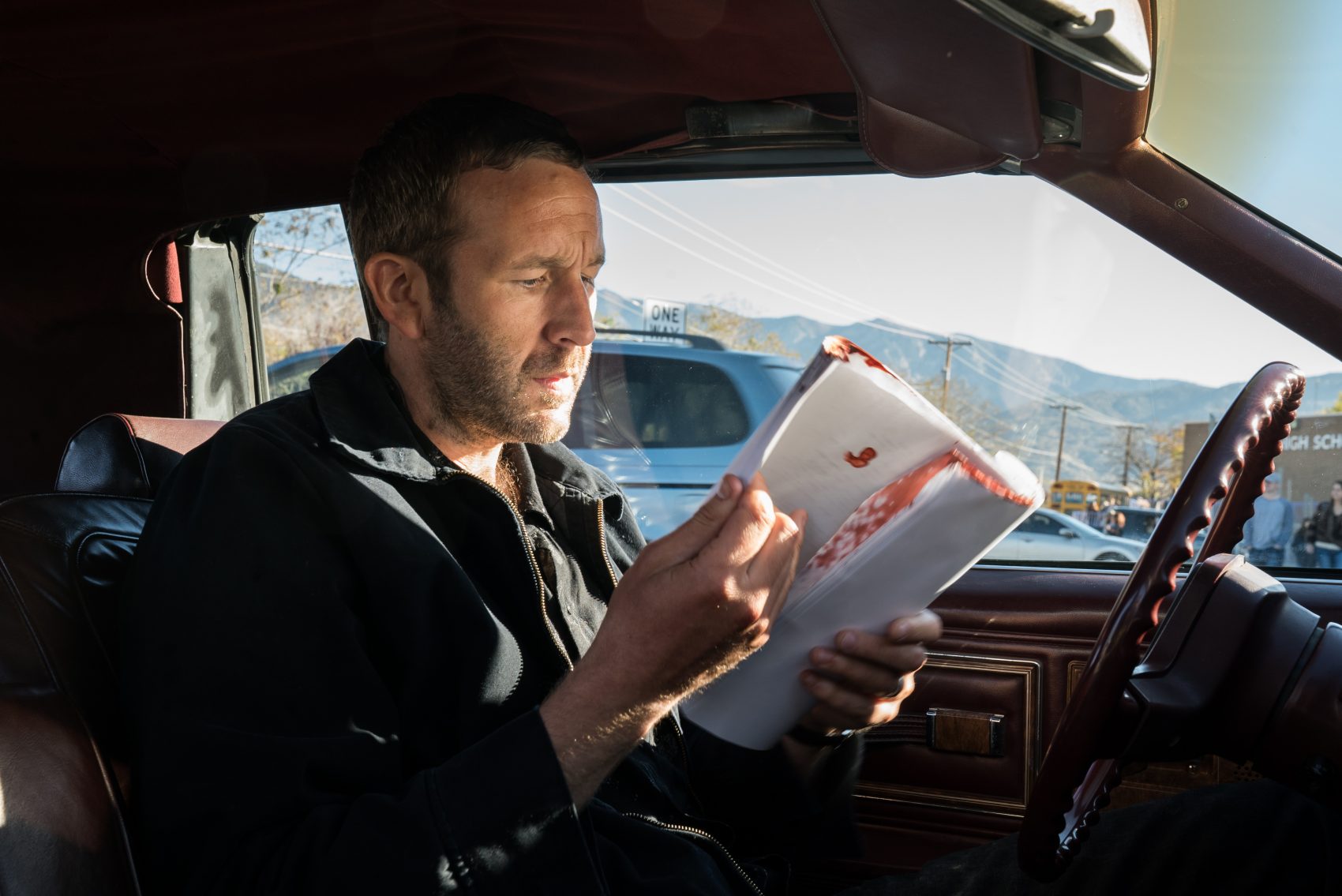
Everyone's a lying scumbag in "Get Shorty," Epix's latest production (and easily their best), and that's fitting. Like the 1995 film, and like the 1990 novel that film was adapted from, the new TV series is rooted in the two-faced world of Hollywood, where lies function as a form of currency.
The most honest character in the show’s primary cast is Amara (Lidia Porto), the head of a tiny Nevada cartel subsidiary, who discloses her expectations and intentions to her cronies and peers with unfailing bluntness. She’ll butcher you if you cross her, but at least she’ll give you fair warning first.
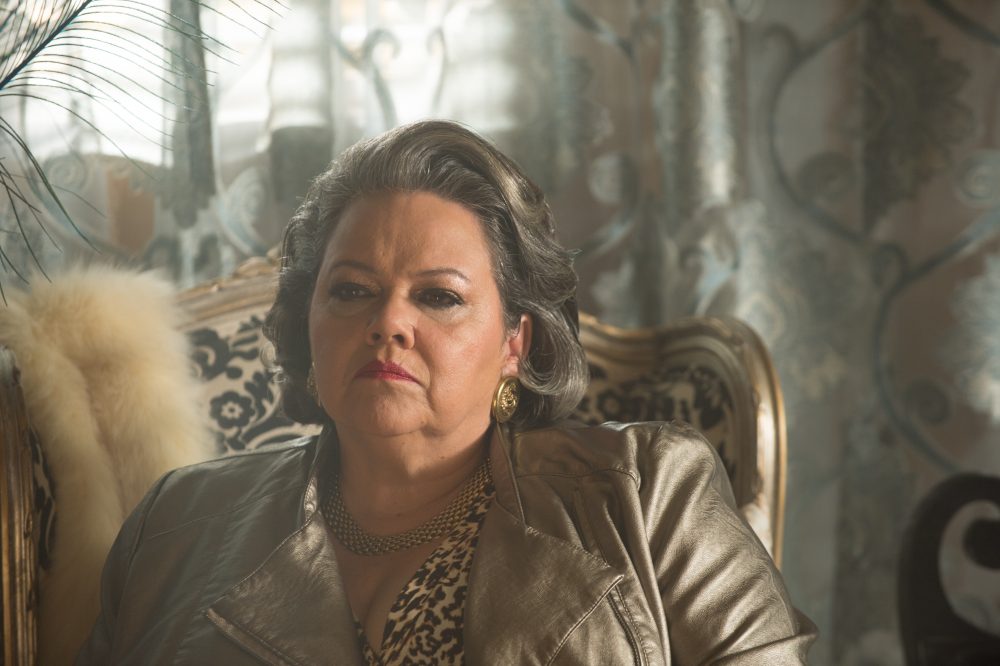
Grant that this is a generous definition of forthrightness. Grant also that "Get Shorty" deals in doublespeak and performative stances. From Elmore Leonard's novel to Barry Sonnenfeld’s 1995 John Travolta vehicle, to, now, producer, screenwriter, playwright and Mighty Mighty Bosstones keyboardist Davey Holmes’ take, "Get Shorty's" characters can't stomach being who they are.
They’re fixated on alternate identities, on making themselves over, for the purpose of both satisfying outward appearances and enabling their own self-gratification. If you could drive just a few hours away to Hollywood and become someone else entirely, someone more glamorous, or important, wouldn’t you? You’d at least be tempted. Such is the pull of Tinseltown. But when you’re a career thug, the process of reframing your entire persona is fraught, especially when you necessarily fib to a mobster to do so.
Amara isn’t "Get Shorty's" protagonist, and she isn’t technically its antagonist, either. The former role is fulfilled by Miles Daly (Chris O’Dowd), one of her henchman, an Irishman inexplicably working for a crime outfit in the actual middle of nowhere. Miles has higher aspirations for himself, specifically mending his bond with his wife, Katie (Lucy Walters), who kicked him out of their house and their life after finding out how he pays the bills. But Miles loves Katie, and he loves their winsome daughter, Emma (Carolyn Dodd), so he’s on the lookout for ways of improving his marital and social standings. Very suddenly, he stumbles upon an opportunity to boost both, courtesy of the blood-stained pages of a script written by a man he’s sent to collect a debt from on Amara’s behalf. (In case it’s not obvious: The job goes poorly.)
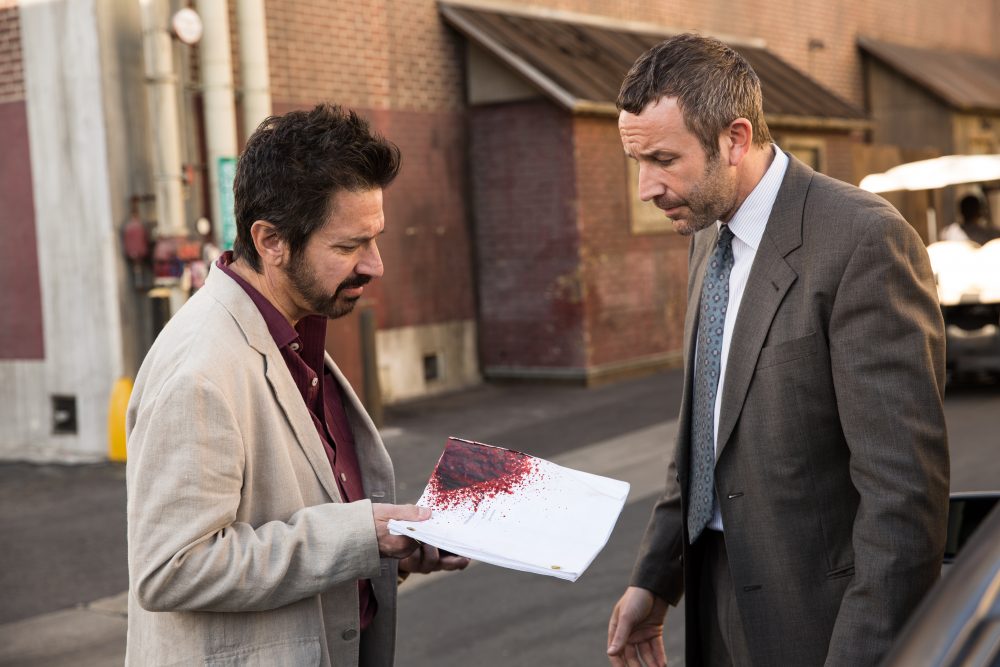
It’s a good script, too, a period drama that resonates with Miles and gives him the idea to win his way back into Katie’s good graces by posing as a big shot producer. He needs help with the gig, of course, and enlists Rick Moreweather (Ray Romano), a worn-down producer of cheap-o genre garbage, to back him up. That’s "Get Shorty's" backbone, the plot to see Miles’ Hollywood dreams become a reality, buttressed by dangers and dramas orbiting around. Amara presents a threat to Miles’ well-being, though her hotheaded nephew, Yago (Goya Robles), is by far more volatile and unpredictable, and thus the series’ chief villain. (Amara comes in second, hubris a microscopically close third.)
But even Yago has designs on elevating his status. He acts as Miles’ foil, the toxic conniver who just wants to prove how macho he is to his beloved aunt (mostly by cooking up ways to bump off Miles). Like Miles, he’s swimming in an ocean he doesn’t belong in. He talks big but blanches at violence and can only capably rough people up if he literally catches them with their pants down (or if they’re hapless bystanders). Unlike Miles, he’s pathetically inept.
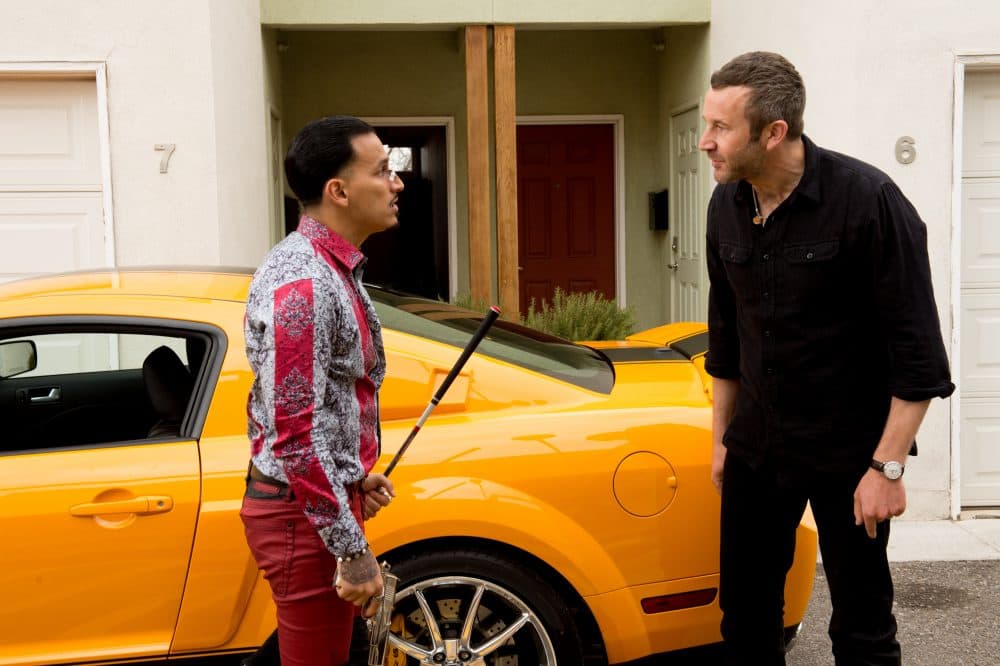
"Get Shorty" is made fascinating, and frequently complex, as a series about the movies with a direct tie to the movies; it reflects the flimflam Hollywood runs on and is also its beneficiary. Criminals sit around a restaurant table, each trading their thoughts and interpretations of Miles’ ill-gotten screenplay; Miles waxes poetic about Rachael Ray to his partner, schools Emma on the good old days of cinema before CGI ruined everything, and resorts to the tools of his unlawful trade to get his way on the studio lot. In the margins, Amara’s crew beefs with a rival gang, the price of Yago’s hunger for power and agency. "Get Shorty" pokes fun at contrivance while toying with contrivance at the same time.
Whether that either feels like clever commentary or disingenuous hypocrisy is in the eye of the beholder. Less arguable is "Get Shorty's" efficacy as television: It’s slickly made, replete with long takes throughout each episode that have the effect of drawing us into its colliding worlds as our disbelief stretches to its breaking point. (The series’ opening shot is, perhaps, the best example of this technique in action, having the effect of both seducing us with its daring and also fooling us into making immediate assumptions about Amara, first seen sitting innocently by the window of her casino as a man is shoved into a van and dragged away by a pack of goons who we quickly learn are hers.)
It’s absolutely packed with on-camera talent, too, with O’Dowd, underrated as a leading man, stepping into the tough guy role using his casual sarcasm and charming apathy. (The man knows how to make indifference appealing.) Romano, on the other hand, is all nerves and bravado as the hangdog Rick, while Porto gives Amara layers: She’s cool, not to be trifled with, but the more we see of her, the more reason she and the series give us to lend her empathy.
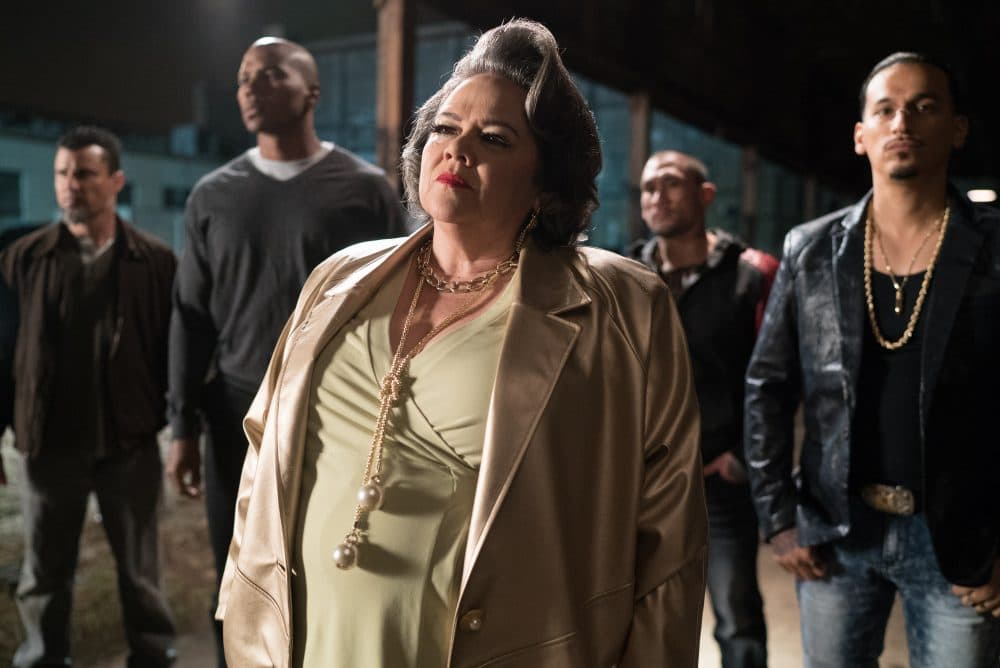
Much as "Get Shorty" is a seductive delight, its existence raises questions about the relationship between its medium and its subject. As FX has done with the Coen brothers’ "Fargo," so too has Epix done with "Get Shorty," crushing it down to fit smaller dimensions while stretching it out to sustain hours upon hours of screen time.
What happens when short-form storytelling is warped to fit into a long-form format? It’s true that "Get Shorty" spawned one sequel, and since Holmes doesn’t appear concerned with continuity between his source materials, it’s a safe bet he has enough fuel in the tank to extend "Get Shorty" beyond its cardinal season. Should he, though? There’s plenty to recommend the series as your new late-summer obsession, but if the details of Leonard’s original story are changed in the transition from the written page and the big screen to our television sets, the essence remains the same.
Maybe Holmes can replicate "Fargo's" success at carving out new creative spaces within familiar intellectual properties; maybe the next chapter of "Get Shorty" will take us to places undreamed of by its previous authors. If not, at least Epix managed to make the ride across well-trod territory such a pleasure.
"Get Shorty" premieres on Epix on Sunday, Aug. 13.
